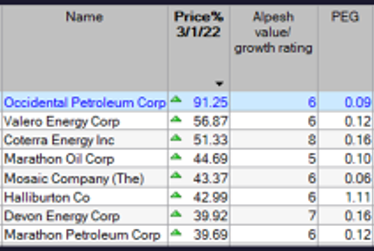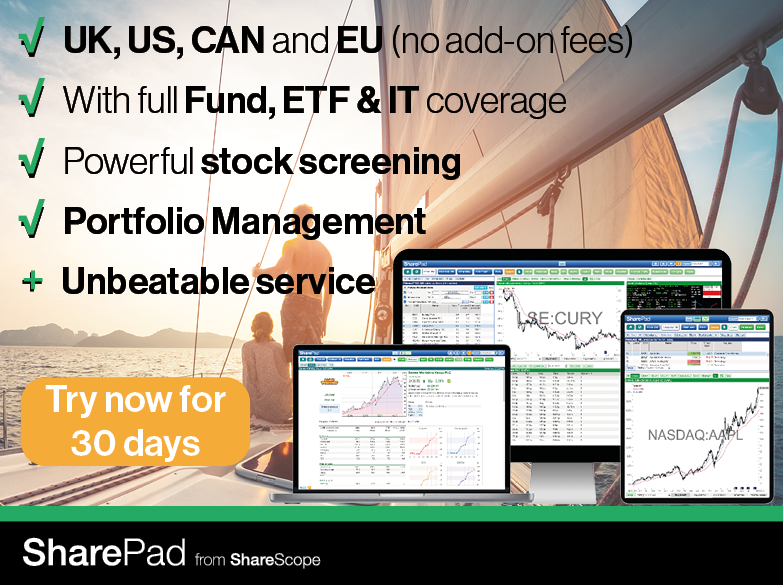The stock market has declined substantially since 2022 began. It’s fallen more than I expected on January 1st. Whilst I waited each week for some upward momentum to deploy cash – that never came, instead monthly S&P500 MACD just accelerated lower.
Whilst I needed to think quick (wish quicker) to look at energy and healthcare and value (as I said, wish I’d been quicker), I also didn’t want to emphasise those sectors too soon else I’ve be trading my investments.
So, is a stock market crash coming? Let’s look at the evidence.
Is a Market Crash Around the Corner?
The stock market has posted its worst quarter since 2020’s pandemic crash. P/E ratios are at 25 or above for a year — something we haven’t seen since the 2008 financial crisis or the dot-com bubble. Recently, Medical, Coal, Steel, and Mining stocks have taken a tumble, causing widespread concern among investors.
Three significant issues are at play here:
Supply Chain Issues
Supply chain problems have been driving inflation and harming productivity. With Shanghai and Beijing experiencing COVID outbreaks, manufacturing will take a hit. As a result, goods and services will become in short supply globally.
Interest Rate Hikes & Inflation
The Fed has committed to a program of interest rate hikes to curb inflation. Many investors are worried this could herald a recession. However, data on previous interest rate hikes don’t support this position. In fact, only one of the last five interest rate hikes had a negative bearing on the market.
The Invasion of Ukraine
Russia’s invasion of Ukraine could cause short-term market volatility. As the West imposes sanctions on Russian oil and gas, prices will rise. Whatsmore, food shortages could also contribute to the existing cost of living crisis. Any European market slowdown could be contagious: several big US companies do a lot of business in Europe, and decreased revenues could hit stock prices.
Why are the Experts Saying?
Goldman Sachs has told investors that they see one of two scenarios. Either 2022 will close out at around 4,700 (a 4% rise) — or, at 3,600 (down 21%). Their experts highlight a yield inversion and high inflation as the cause of a possible market slide.
Bank of America put it bluntly when they suggest that “Inflation causes recessions.” A recent note from the bank says that inflation is “out of control” and that it will eventually lead to a recession that will drive the S&P 500 under 4,000 by the end of the year.
Other experts are more worried. David Hunter at Contrarian Macro Advisors believes that bond yields will drop, causing the markets to rise by 40 to 50%. However, he forecasts an 80% drop soon after.
Michael Berry — who famously called the 2008 credit crunch — has been suggesting we are in the most significant speculative market of all time since June last year. He quit Twitter recently, warning investors that a terrible crash was on the way.
Market veteran John Maudlin is also in a bearish mood. He believes the Fed won’t be able to engineer a soft landing with rate cuts. Maudlin points to slowdowns in housing, transport, and manufacturing as evidence that a recession and market drop are coming.
Finally, Kimble Charting Solutions analysts believe that if the Dow Jones drops below 33,000, it could trigger a mass sell off and a significant market plunge.
What to do if there is a market crash?
I love due diligence and process. I know, sounds boring. Flowcharts make all decision making easier. For me, I am more risk averse than I have been for many years on most stock because I can see the falling momentum.
But I am risk-loving on deeply undervalued momentum stocks so the top 8 performers in the S&P500 as of Jan to May have been shoved into my portfolio in May for a 12 month holding. (Last year they generated 38% May 2021-May2022)

Generally, I am in cash. The cash came from stocks like Danaher and Costco which I held falling 25% from the peak from when I bought them (albeit leaving me with 26% and 10% gains). Other cash came from fresh income now sitting on the sidelines. And some cash came from my weak performers plus my risk aversion such as exiting Microsoft as I see continued weakness even though I like it for the longer term and although I don’t trade my investments I saw the momentum downside increase so what started in Jan with just a 10% sell, became another 10% a week later and so on.
My updates will tell you when I buy more.
Alpesh Patel OBE
Got some thoughts on this week commentary from Alpesh? Share these in the SharePad “Share chat”. Login to SharePad – click on chat icon in top right – select Share chat.


